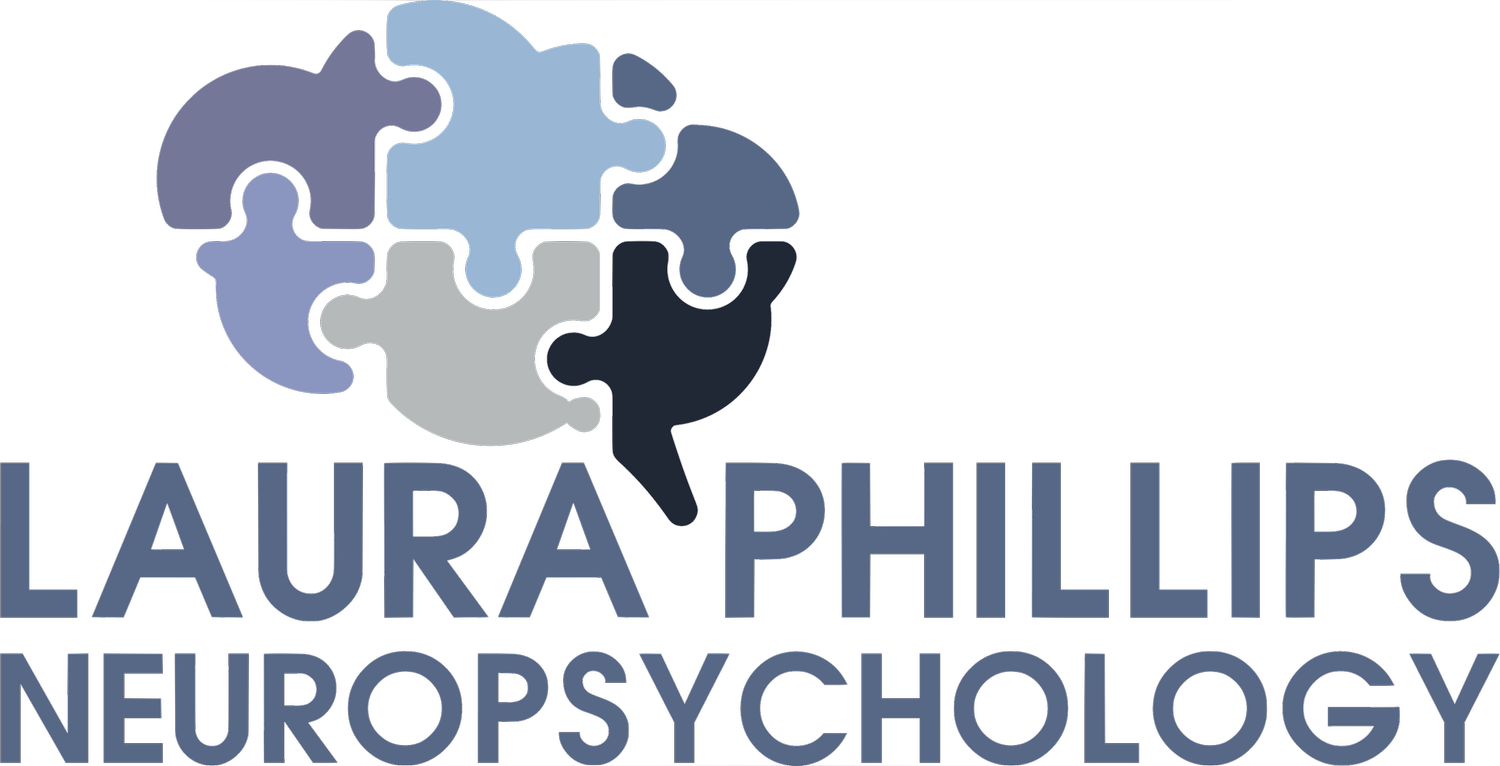preschool / school readiness evaluation
(ages 2.5 to 5 years old)
Dr. Phillips understands firsthand that starting school is a significant milestone in your child's life, as well as yours. The Preschool Evaluation is designed to provide you with information about your child’s development, as well as their readiness for school. It can help inform the right learning environment for your child, as well as any supports or accommodations that may be helpful in order to optimize their transition to the school setting.
Here’s a step-by-step overview of what you can expect during the evaluation process.
Initial Consultation
As with the comprehensive neuropsychological and educational evaluation, our partnership within the preschool evaluation begins with an initial consultation with parents or guardians. During this meeting, Dr. Phillips will gather important background information about your child’s developmental history, daily routines, and any specific concerns you might have. This is also a great time for you to ask any questions about the evaluation process.
Review of Previous Records
If your child has had any previous assessments, medical records, or reports from daycare or other early childhood programs, Dr. Phillips will review these documents to get a complete picture of your child's development.
Parent and Teacher Questionnaires
Dr. Phillips asks parents and, if applicable, childcare providers or early childhood educators to complete questionnaires. These forms help Dr. Phillips understand your child's behavior, social skills, and learning abilities in different settings.
Direct Assessment
The evaluation includes a series of fun and engaging activities designed to assess various areas critical for school readiness. See the dropdown for how these activities help us understand your child.
Observation
Dr. Phillips likes to observe preschool children in a naturalistic setting, such as preschool or daycare, as this allows her to gather information about your child’s daily functioning that cannot be captured through tests or questionnaires alone. By observing the child in a natural setting, Dr. Phillips can see how they interact with their surroundings, peers, and adults. It allows her to pinpoint specific challenges or problematic behaviors that may not be as apparent through other assessment methods.
The insights gained from observations help Dr. Phillips develop personalized intervention strategies that are more likely to be effective because they are based on real-world behavior.
Feedback Meeting with Parents or Guardians
Once the evaluation is complete, Dr. Phillips will hold a feedback meeting to discuss her findings, explicate what the results mean, and provide practical recommendations to help prepare your child for kindergarten and beyond. This might include activities to do at home, suggestions for early interventions, or advice on choosing the right school setting.
Comprehensive Report
You will receive a detailed written report summarizing the evaluation results, including Dr. Phillips’ findings and recommendations. This report can be shared with your child’s future teachers or the Department of Education to help them better support your child's transition to school.
direct assessments help us understand your child’s:
-
Assessment of your child’s basic problem-solving abilities, understanding of concepts, and information acquisition (e.g., facts, vocabulary, general knowledge about the world).
-
Assessment of your child’s ability to understand spoken language and to use language to communicate their thoughts and/or needs. Tools looks at vocabulary, grammar, and sentence structure.
-
Assessment of your child’s fine motor skills, such as hand-eye coordination, dexterity, and the ability to perform tasks like drawing, cutting, and manipulating small objects. Dr. Phillips often assesses gross motor skills, such as balance, coordination, and overall physical development, as well.
-
Assessment of your child’s knowledge of letters, phonemic awareness, and early reading skills, as well as their understanding of basic number concepts, counting, and early math skills.
-
Assessment of your child's ability to interact with peers and adults, share, take turns, and follow social rules, as well as to manage emotions, cope with frustration, and adapt to changes.
-
Assessment of the practical skills needed for everyday life, such as communicating effectively, taking care of personal needs, and interacting appropriately with others. How well does your child manage everyday tasks and responsibilities by applying their skills in real-life situations.
“I wanted to extend my heartfelt thank you for such a thorough and excellent report that you and [SLP] wrote after [daughter’s] testing. It is clear how talented you both are in your profession and as a parent using this as a tool to better understand [daughter] and her needs, this report was able to clearly lay out what she needs to help her.”
— S.L. (mom of patient)

